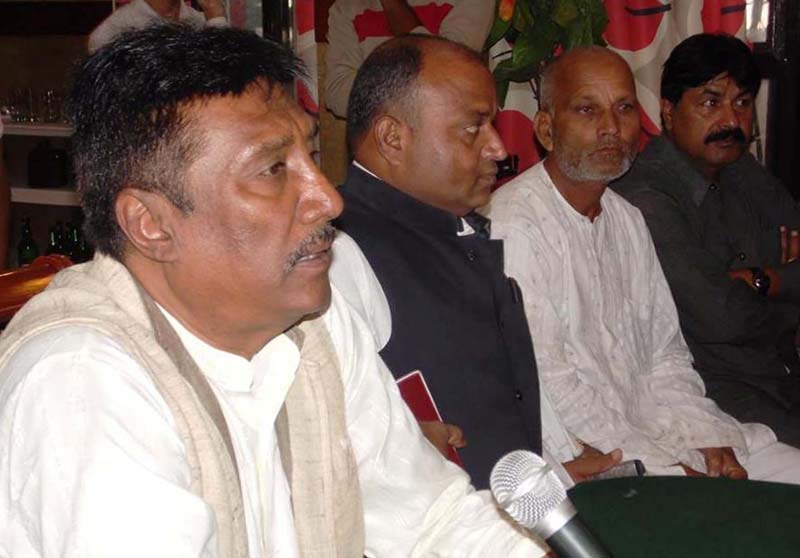LETTERS: Sit for fruitful talks
It was tiring and frustrating to see time and again that the country is facing continued political uncertainty caused by the political confrontations between the ruling and agitating parties even after abolishing the 240 old monarchy. It was also
envisaged that the political situation of Nepal would improve and stabilize soon after the promulgation of the new constitution. It does not seem so. There seem to be more riots and disturbances coming up in the days to come looking closely at the ongoing political environment. Whatever happens in the streets, it will be the common people who will suffer the most. Madhesi and Janajati leaders have now joined hands and announced another “do or die” movements against the ruling parties for making amendments in the new constitution especially related to the demarcation of federal units as reported in “Madhes, Janajati leaders vow intensified movement” (THT, April 19, Page 1). This time, their agitation will be centered in the capital, citing difficulties faced by the common people in Tarai where they had imposed a blockade at customs points. Sunyukta Loktantric Madhesi Morcha (SLMM) had given one month ultimatum to the government, until the end of Chaitra 2072, to fulfill their political and constitutional demands. What happens to the government if it comes to consensus with the agitating forces on their political issues and concerns? Why does not the government show seriousness in resolving the ongoing political and constitutional crises? Are there any vested political interests of the major political parties for creating more political confrontations? If so, what could be those interests? If there is not, why don’t they become ready to fulfill genuine political and constitutional demands of the agitating forces? Time has come for both the government and the agitating forces to sit for meaningful dialogues and come to a consensus.
Rai Biren Bangdel, Maharajgunj
Envoys
In reference to the news story “Envoy to 21 countries named, Oman post vacant” (THT, April 20, Page 1), it once again
depicts the political influence in all state sphere. The recommendation of envoys is also based on the political parties’ affiliation, not based on meritocracy. Most of the envoys are party loyalists. About fifteen of them are party cadres and less are career diplomats. How can these political cadres or leaders understand diplomacy? As we all know these peoples can’t tolerate each other. People might say the political leaders are capable of performing diplomatic jobs. In fact, I haven’t seen anyone nurtured with diplomatic relation skillls in any of the host countries.Most Nepali envoys in the Gulf countries have failed to protect the rightful interest of the Nepali migrant workers there.
It would be better if the government starts appointing diplomats only from serving civil servants in foreign service as they understand diplomacy.
Mim Bahadur Pariyar, Kathmandu






